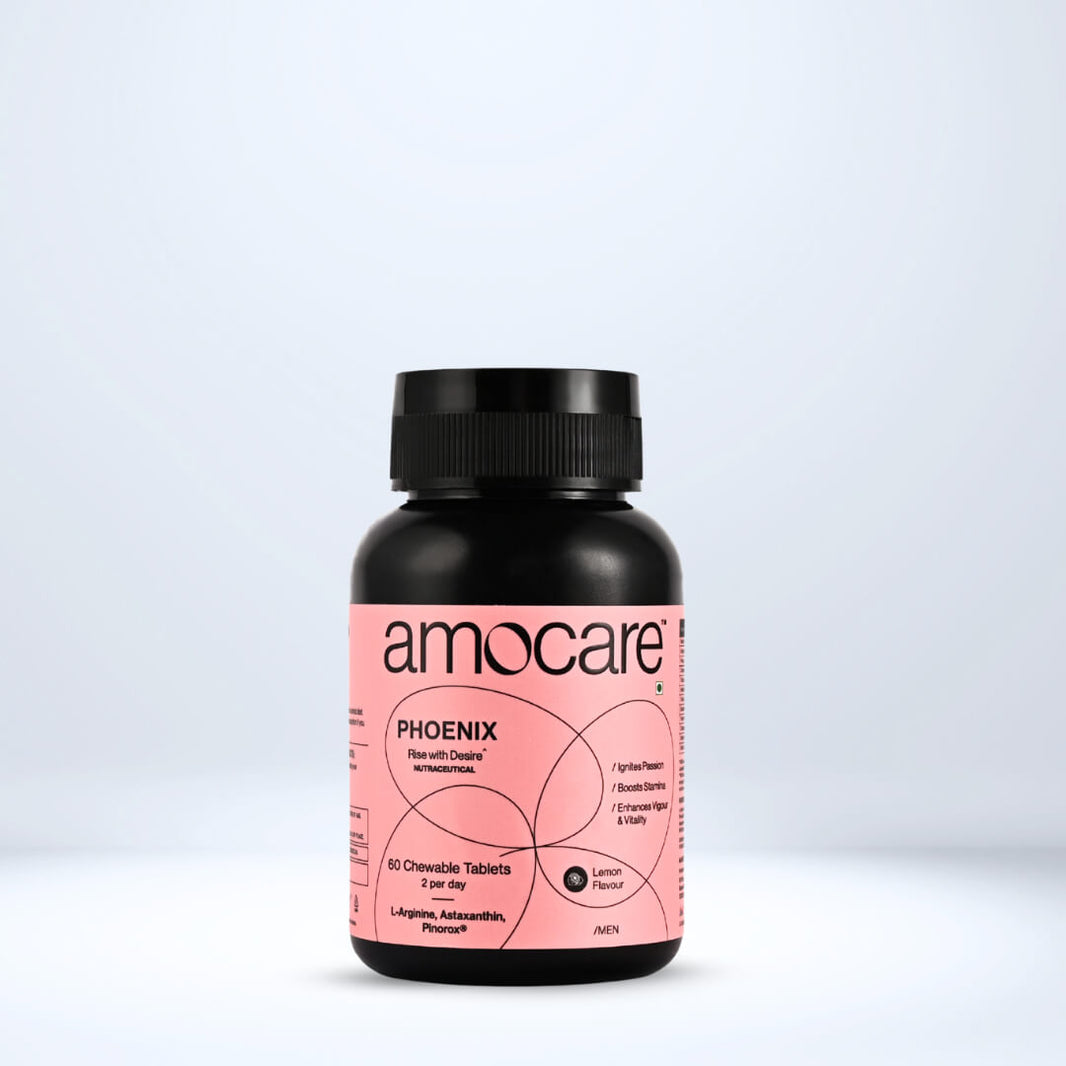Daily life can feel like a rollercoaster, can’t it? Between juggling work, family, and a thousand little things, stress seems to sneak up on us at every turn. We often focus on what’s happening outside – like tight deadlines or never-ending to-do lists – but have we ever stopped to think about how our diet plays a role in all of it? What foods we eat can either help us feel relaxed or make our stress worse.
Let's dive into this blog and discover how the right diet can reduce stress levels and nourish our minds with calming nutrients.
The Connection Between Diet and Stress
Our bodies respond to stress by releasing hormones like cortisol and adrenaline. While these hormones are essential for immediate responses, chronic stress leads to prolonged elevated levels, which can harm health. Certain nutrients help regulate these hormones, reducing stress's impact on the body.
Nutrients That Promote Calmness
Magnesium:
Whole grains, avocados, nuts, seeds, and other leafy vegetables are rich in magnesium. Magnesium is known for its calming properties helps in nerve function, potentially aiding anxiety reduction. It protects the brain from stressors that can cause anxiety and depression.
Omega-3 Fatty Acids:
Omega-3s known for their anti-inflammatory properties, plays an important role in brain health and mood regulation. Fatty fish like salmon and tuna are excellent sources. Regular consumption can lower cortisol levels and promote a sense of calm.
Complex Carbohydrates:
Brown rice, quinoa, oats, and barley whole grains, sweet potato, and legumes are rich in slow-releasing carbs. It gives you a steady flow of energy that can help in preventing blood sugar spikes. It can also give you a boost of a brain chemical, serotonin which supports mood, sleep, and appetite.
Antioxidants:
Berries, dark chocolate, and green tea are rich in antioxidants. These antioxidants combats oxidative stress, which contributes to anxiety and depression, while promoting mental well-being. Enjoying these foods can help manage stress levels.
Vitamin D:
Sun is a good source of Vitamin D, also called "sunshine vitamin", important for mood regulation. Exposure to sunlight and consuming fortified foods or supplements can ensure adequate levels, supporting mental health.
Foods to Incorporate for Stress Relief
Leafy Greens:
Spinach and kale are high in magnesium, which helps regulate cortisol levels and keeps you calmer. Make sure to replace ultra-processed foods with these vegetables in your salads or smoothies can be beneficial.
Fatty Fish:
Salmon and mackerel provide omega-3 fatty acids, essential for brain health. Including these in your diet a few times a week can lower stress.
Nuts and Seeds:
Almonds, walnuts, and pumpkin seeds offer a combination of magnesium and healthy fats. They make for excellent snacks to keep stress at bay.
Whole Grains:
Oats and brown rice are complex carbohydrates that increase serotonin production, promoting a sense of well-being. Including whole grains in your entire diet reduces the risk of developing major depression and other mental disorders.
Herbal Teas:
Chamomile tea is renowned for its calming effects. The nutrients it contains may help manage sleep problems, diabetes and menstrual pain. Sipping on a warm cup can soothe nerves and reduce anxiety.

Foods to Avoid During Stressful Times
Some foods can make stress worse, so it’s best time to limit them:
Caffeine:
Too much from coffee or energy drinks can make you anxious and mess with your sleep.
Sugary Foods:
High sugar intake can lead to energy crashes, mood swings, and increased stress.
Processed Foods:
Loaded with unhealthy fats and additives, processed foods can negatively impact your mood and can drain your energy levels.

The Role of Supplements in Managing Stress
Along with a balanced diet, certain supplements can help with stress and support mental wellness:
Ashwagandha:
An adaptogenic herb traditionally used to help the body combat stress and promote relaxation.
L-Theanine:
Found in green tea, this amino acid promotes relaxation without making you sleepy.
Magnesium Supplements:
For those not getting enough from their diet, magnesium supplements can help regulate stress and support a calm mind.
Before adding any supplements to your routine, consult a healthcare professional to ensure they’re right for you.

Lifestyle Practices to Boost Your Diet
While nutrition plays a significant role in stress management, pairing the right lifestyle habits with your diet can further help relieve stress and bring a sense of calm to your everyday life. Here are some tips:
Regular Physical Activity:
Engaging in exercise releases endorphins, which are natural mood lifters. Whether it’s a brisk walk or a full workout, regular movement is a game changer.
Mindfulness and Meditation:
Practices like yoga and deep breathing exercises can work wonders for your mind. These activities help you stay grounded, reduce anxiety, and bring a sense of mental clarity when life gets a little too hectic.
Adequate Sleep:
Never underestimate the power of a good night’s sleep. Ensuring 7-9 hours of quality sleep each night helps the body recover and manage stress more effectively.
Conclusion
Your diet profoundly influences your stress levels. By prioritizing foods rich in omega-3s, magnesium, B-vitamins, antioxidants, and complex carbohydrates, you can naturally promote calmness and enhance your overall well-being. Remember, making mindful dietary choices is a proactive step towards a more balanced and stress-free life.
For those seeking additional support, Amocare offers a range of products designed to complement a healthy lifestyle. Exploring options like de-stress gummies and Ashwagandha KSM-66 can be a convenient way to incorporate stress-relief nutrients into your daily routine.











